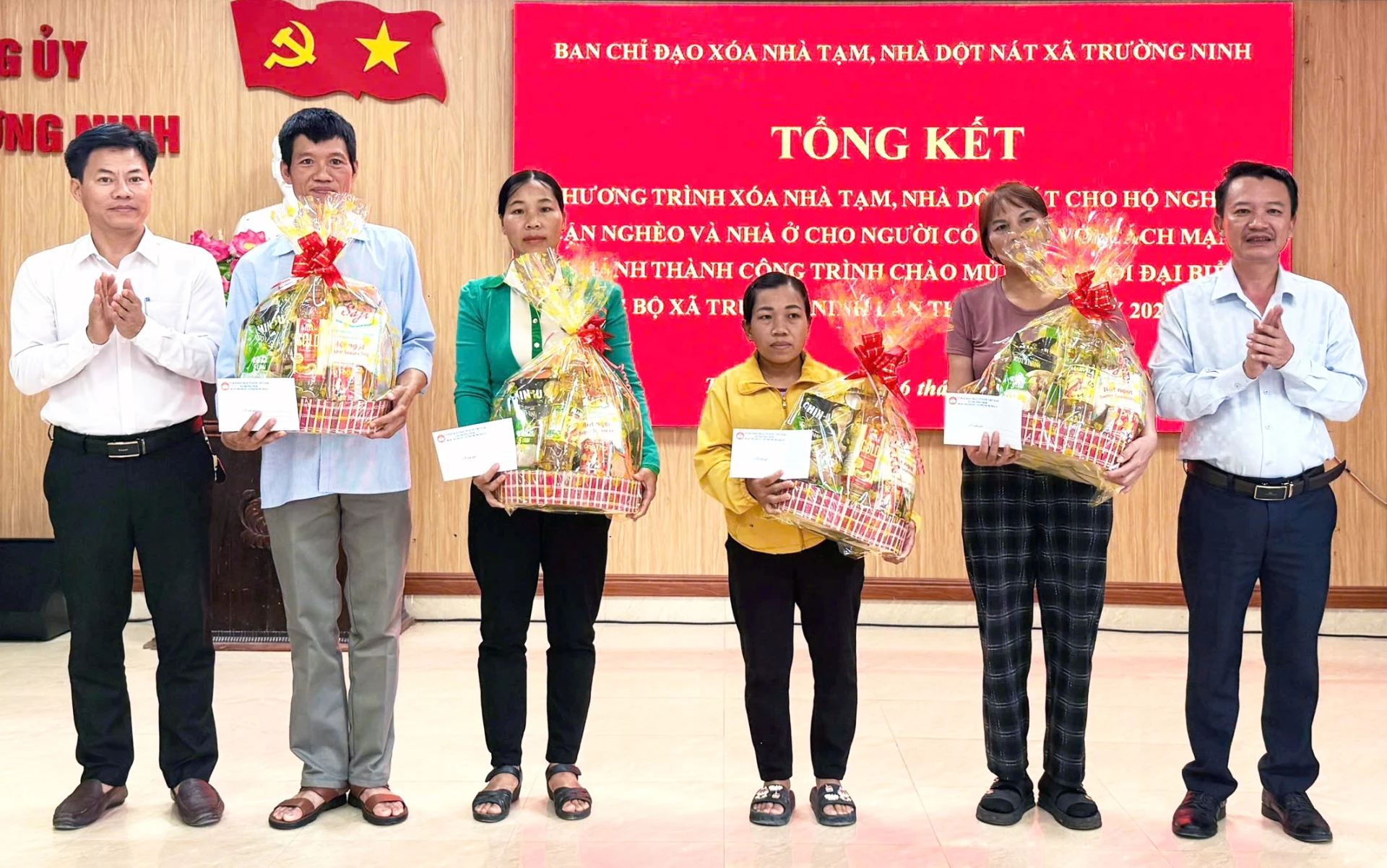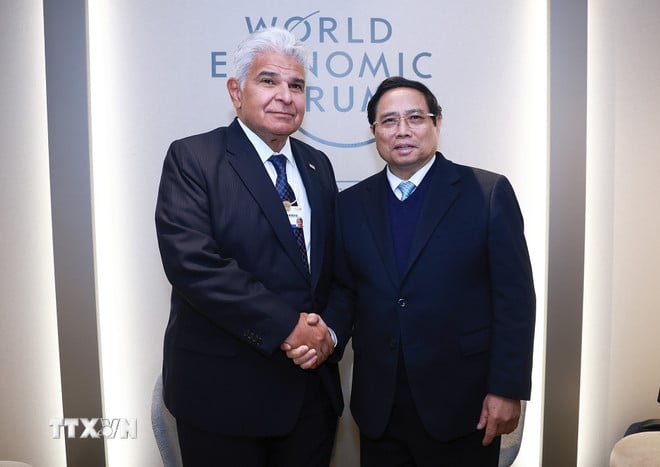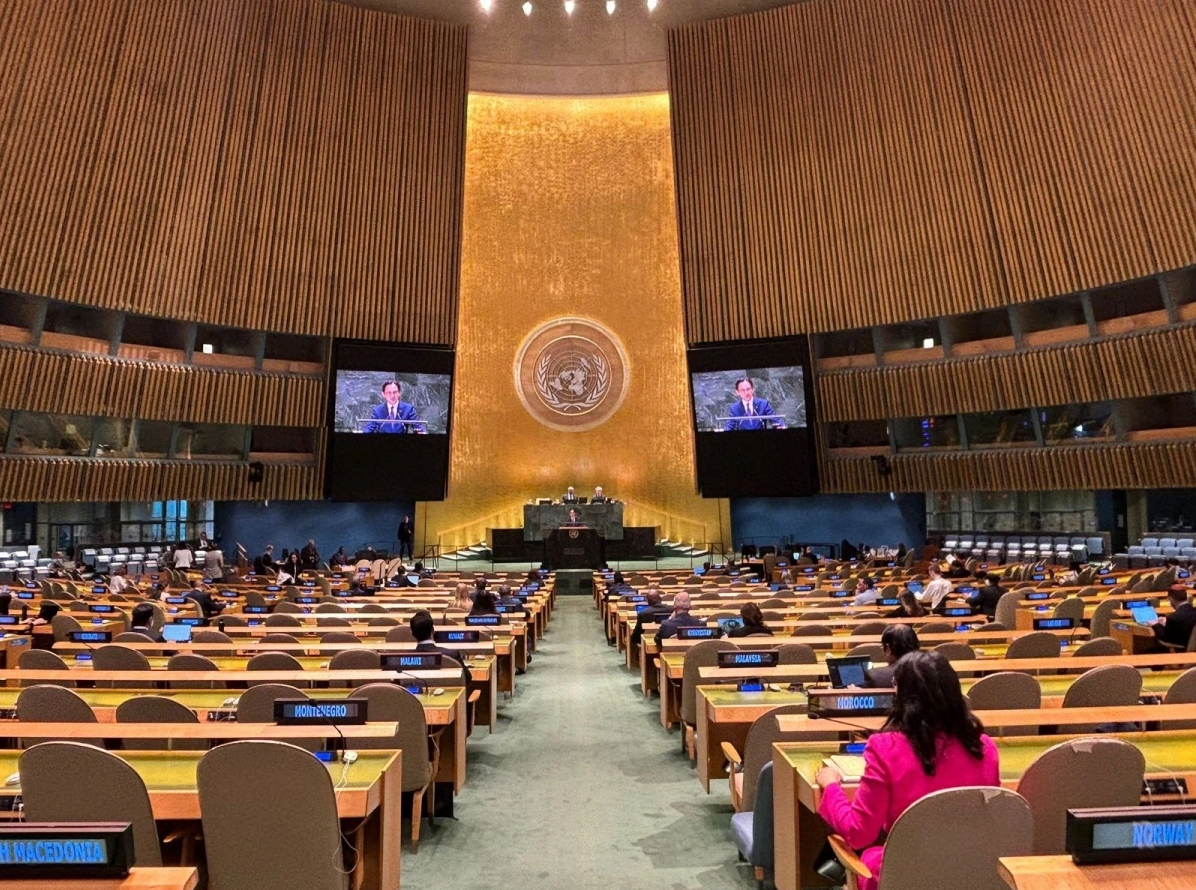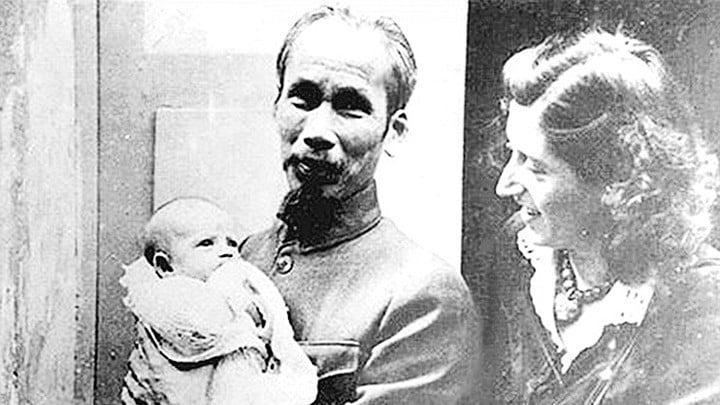For the two-level local government to operate smoothly and effectively, the most important and fundamental link is the team of commune-level cadres and civil servants - those who directly handle work closely with the people. There is no longer the story of managing a small area, a few residential groups, commune-level cadres now have to shoulder the responsibility of managing an area that can be many times larger, with a large increase in workload, requiring diverse situation handling... Just a little lack of closeness, slow response, substandard handling of situations, lack of knowledge... can easily erode people's trust.
In that context, the current picture of commune-level human resources is not uniform, especially in terms of expertise and profession; there is a difference in qualifications and skills. According to the Ministry of Home Affairs , about 70% of commune-level cadres and civil servants are currently communal-level forces (formerly), only 30% are transferred from provincial and district levels (formerly). Moreover, among this 30%, not everyone is arranged and assigned to work in accordance with their expertise and profession.
This has led to both a surplus and shortage of officials and civil servants. Therefore, in many localities, officials still have to “hold multiple positions”, doing work that is not in their specialized field of training. There are even places where there is a “lack” of officials and civil servants with professional qualifications in important fields.
This difference leads to a lack of synchronization in skills, especially in the context of new tasks such as digital transformation, promoting administrative reform, and handling records regardless of administrative boundaries, requiring commune-level officials and civil servants to have high professional capacity and flexible thinking.
At the conference to deploy work tasks last August, Minister of Home Affairs Pham Thi Thanh Tra informed that the Ministry of Home Affairs will select and second 34 capable, qualified, dedicated and responsible officials to support provinces and cities for 3 months. The Ministry of Home Affairs is also advising localities to review, evaluate and classify the team of officials, civil servants and public employees at the commune level according to specific criteria and standards. From there, it will screen and handle cases that do not meet the requirements, and at the same time recruit new ones to supplement high-quality human resources.
Many localities have taken proactive action. Thanh Hoa province has mobilized and transferred hundreds of highly qualified officials to communes that are lacking in human resources. Chairman of the Ho Chi Minh City People's Committee Nguyen Van Duoc has also requested leaders of departments and branches to increase the dispatch of officials and civil servants to localities to support the commune level. Meanwhile, Hue City has reviewed and assessed the current situation of commune-level civil servants in terms of professional qualifications, capacity to perform public duties, job positions, etc.
Commune-level officials are the “face” of the government to the people. A good policy, a correct decision, but if it reaches the people through a weak commune-level apparatus, will reduce its effectiveness. Commune-level government is the place closest to the people, understands the people best and has the most direct impact on people's lives.
For the two-level local government to operate effectively, the team of communal-level cadres must be strong enough, qualified enough, and always supported by reasonable mechanisms and policies. At the same time, decentralization and delegation of authority must also be clear, coupled with transparent inspection, supervision and evaluation mechanisms. Only then will the grassroots cadres dare to make bold decisions, take responsibility and be creative in their work.
Streamlining the apparatus brings very clear results, but without proper investment in people, the benefits from streamlining the apparatus will be difficult to fully exploit. A team of grassroots cadres with enough heart, vision, and skills is the key to creating a foundation for sustainable development at the grassroots level.
Source: https://www.sggp.org.vn/cuoc-sat-hach-nang-luc-can-bo-post807902.html
























![[Photo] New look of the coastal city on the Han River](https://vstatic.vietnam.vn/vietnam/resource/IMAGE/2025/8/22/26f58a4a29b9407aa5722647f119b498)







































































Comment (0)